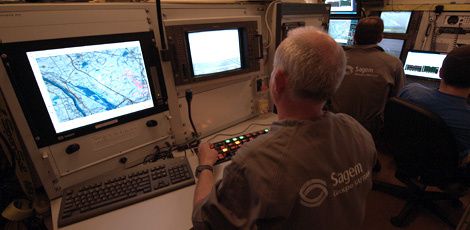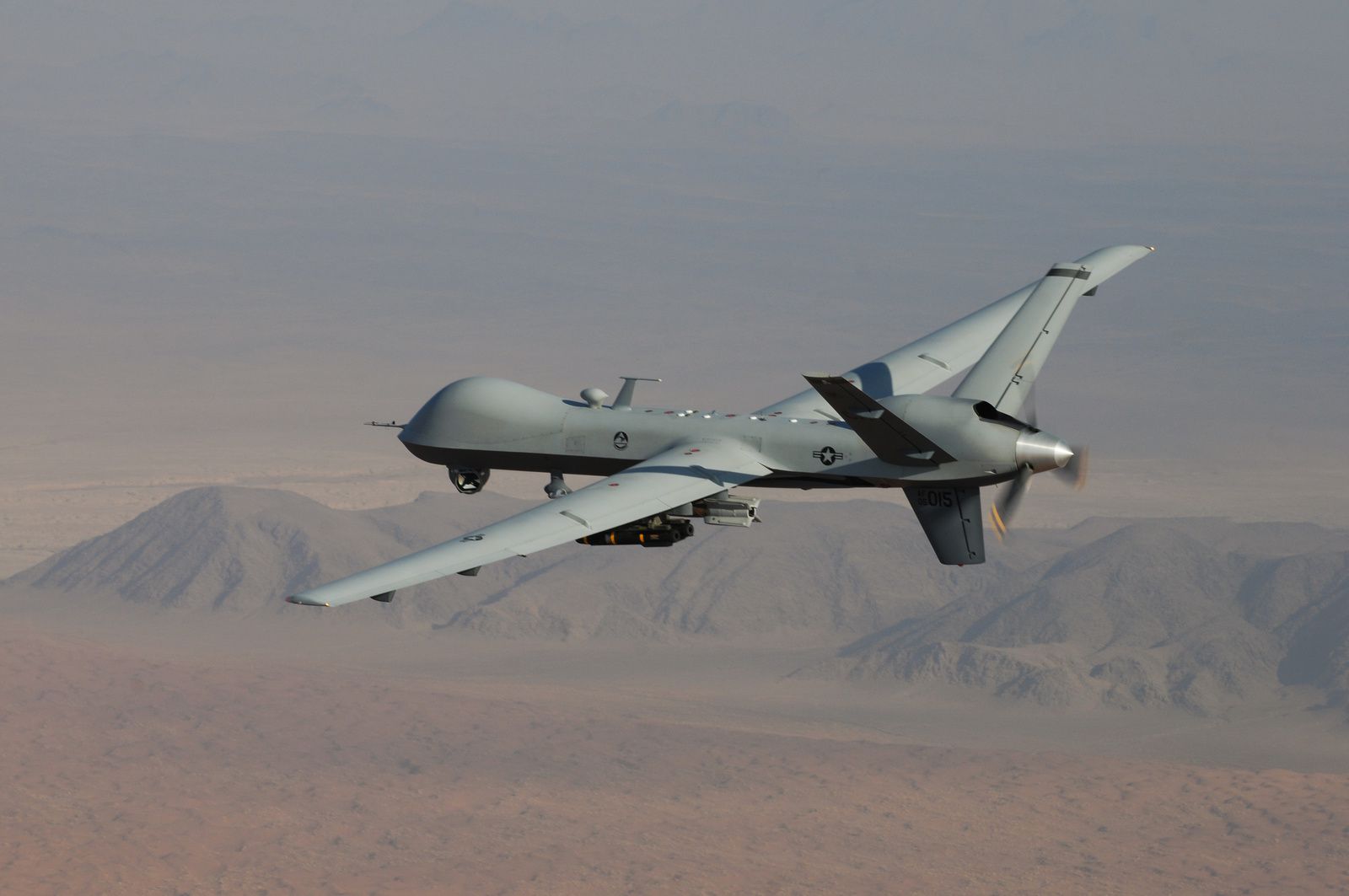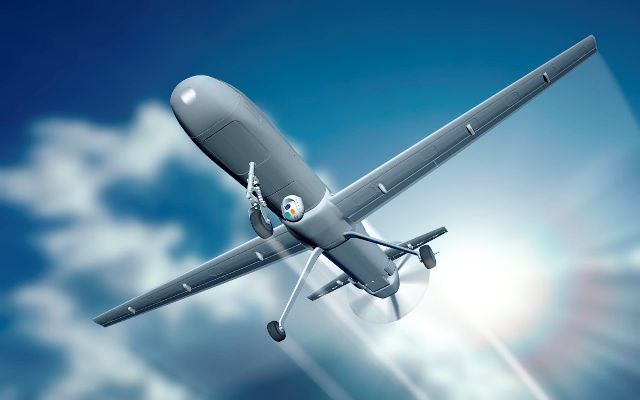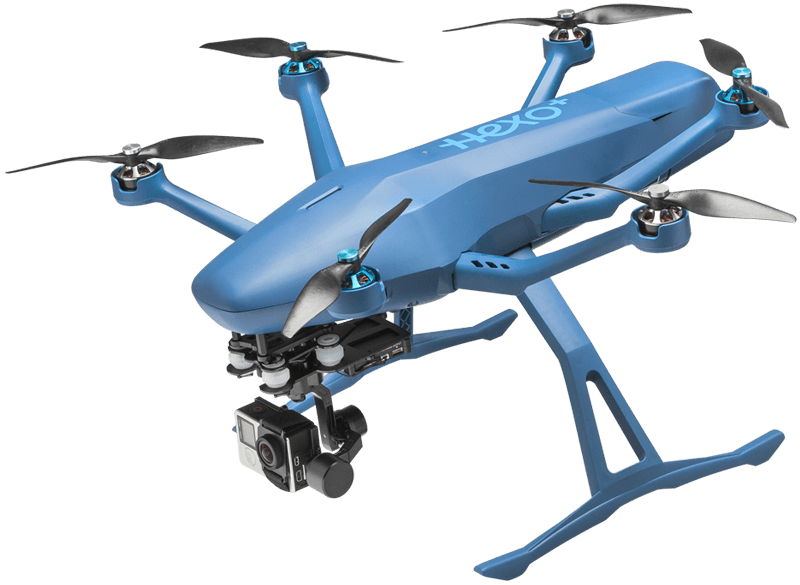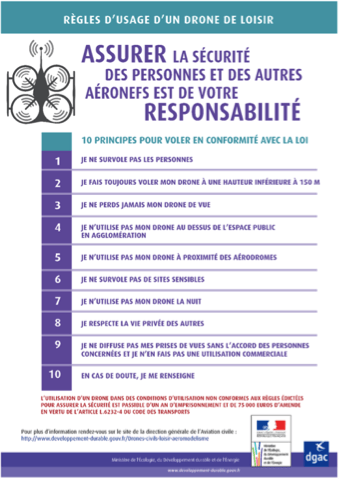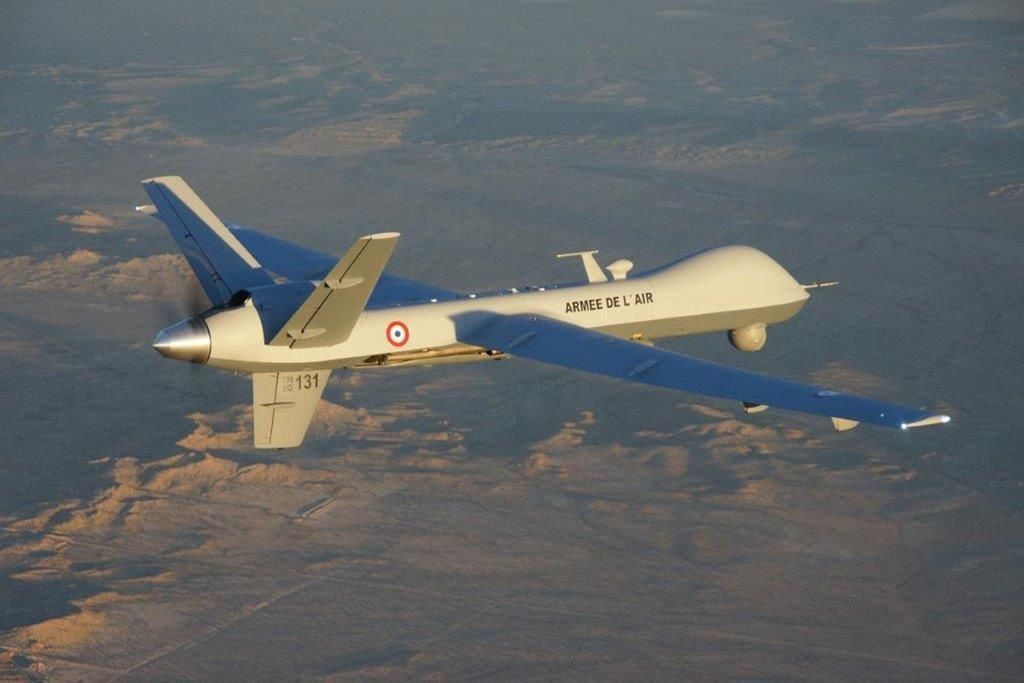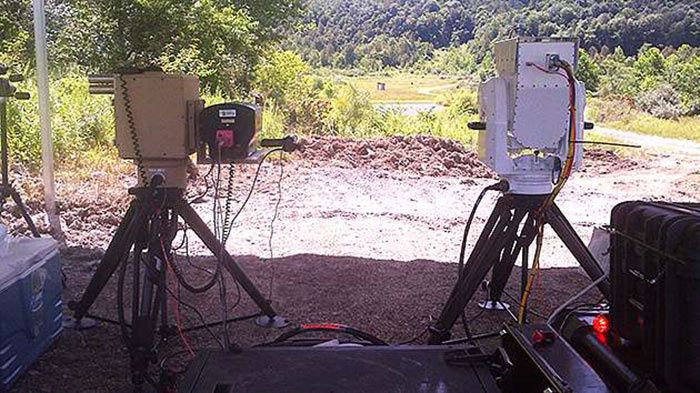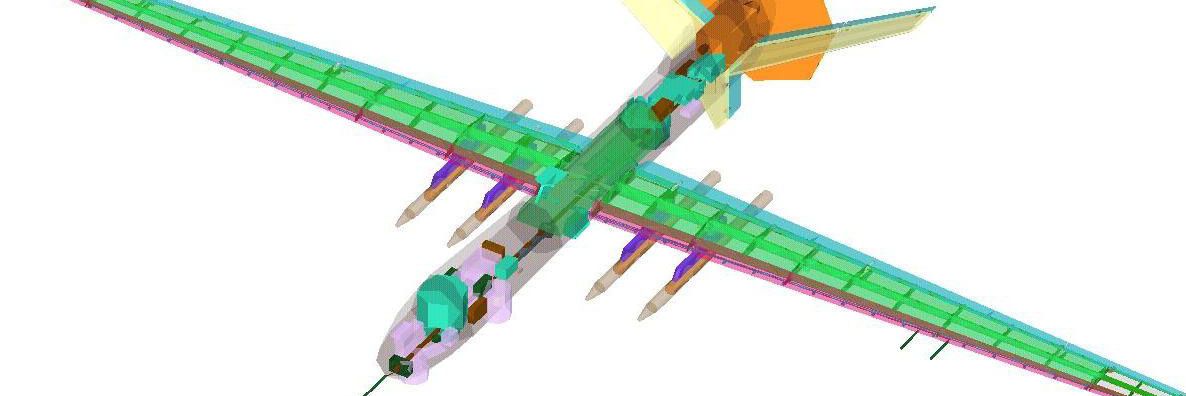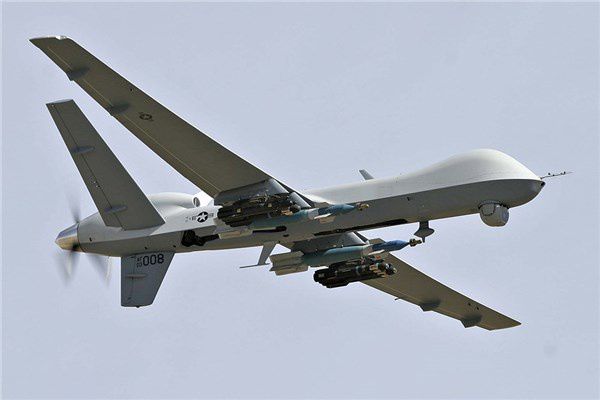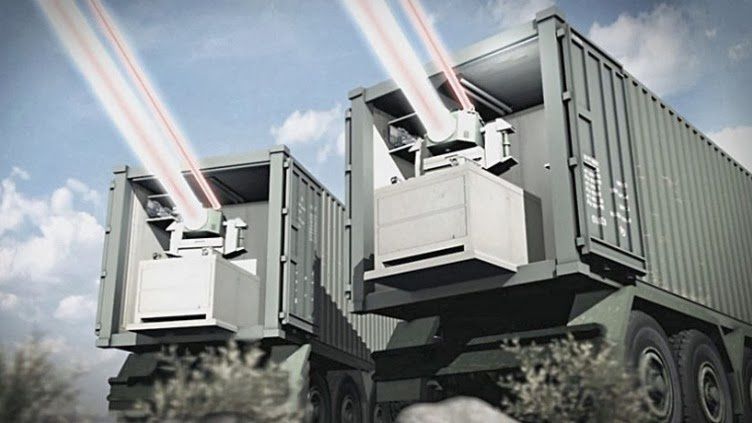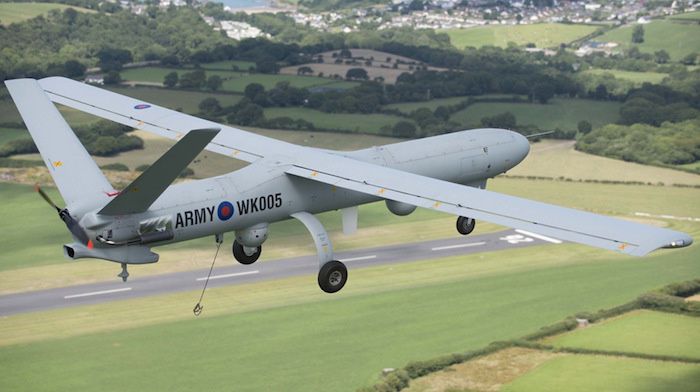10.11.2015 IAF Site | Translation: Ohad Zeltzer Zubida & Ofri Aharon
It executed hundreds of operational flight hours during Operation "Protective Edge" over Gaza strip, but was grounded immediately upon completion of the operation in order to be fully operationally integrated. A year later, the Hermes 900 ("Kochav" Hebrew for Star) UAV is airborne again and joins the ranks of the UAV Division. "The 'Kochav' will revolutionize the world of unmanned flight"
The IAF's Unmanned Aerial Vehicle Division will receive a significant reinforcement this week: tomorrow, the "Kochav" (Hermes 900) UAV will officially become operational and will strengthen the division, which is becoming more and more dominant in the battle field.
In the receiving squadron, the excitement is noticeable. A new aircraft isn't an everyday occasion. The last time was 16 years ago, when the "Hermes 450" UAV - which was then considered a technological wonder - was operationalized.
Try to imagine what has occurred in a decade and a half of technological advancement, add The Squadron Commander Lt. Col. Daniel's quote "The 'Kochav' will revolutionize the world of unmanned flight" and there you have it.
Clearly, most of the new aircraft's interesting details cannot be shared. Its name was upgraded from "Hermes 450" to "Hermes 900", and its abilities have probably not only been doubled.
It is possible to say that we're talking about a major technological step forward that introduces many new capabilities and arenas. A UAV is measured by its ability to bring a large amount of complex systems to the field and carry out numerous missions. So it is possible to say that the "Hermes 900" significant improvements are its carrying capacity and large fuselage that allow the aircraft to carry numerous operational systems simultaneously.
The UAV was designed to carry payloads on its wings, a fact that strengthens its carrying abilities. Its endurance (more than 24 hours, accordingly to the amount of cargo) allows very long and far range missions in only one sortie.
First Operational Activity: Operation "Protective Edge"
Following the beginning of Operation "Protective Edge" in the Summer of 2014, the IAF tried to operationalize as many capabilities as possible, led by the "Hermes 900" as the UAV squadrons flew nonstop during the operation and every aircraft was crucial to the success of the mission.
"A few days after the order, we managed to enable a single 'Kochav' for temporary activity", described Major Amir, the "Kochav" Project Officer in the IAF Headquarters. On July 15, 2014 the UAV took off on its first operational mission in the IAF service, a mission that was a link in a chain of operations that finally led to a fighter jet attack that destroyed terror infrastructure. The "Kochav" flew hundreds of hours during the operation during which it successfully executed the missions assigned to it over 100 times. Simultaneously, it made other UAV's available for activity.
"Operation 'Protective Edge' was the 'Kochav's' 'baptism of fire'", shares Lt. Col. Daniel, the Squadron Commander and proudly notes the partnership and cooperation with "Elbit Systems" the manufacturer of the aircraft, in the reception process. "In the midst of an operation, without an organized reception process, shoulder to shoulder with the 'Elbit' team, the 'Kochav' showed impressive results on every scale".
During the operation, the maintenance of the aircraft was done by "Elbit", because the IAF's ground teams had not yet been qualified to maintain the aircraft, moreover, in the mission stations there were "Elbit" representatives that guided the operators in real time.
In the passing September, the "Kochav's" technical division sent out an independent sortie for the first time and noted a significant mile stone on the way to renewed operational integration.
Not unmanned - manned from afar
The biggest challenge for the squadron today is to absorb a new platform while still conducting operational activities in the squadron. Lt. Col. Daniel understands that it isn't possible to halt activities and the schedule was left unchanged while the reception was conducted.
In a division that continues to expand, as over half of the flight hours in the IAF are conducted by the division, there is not a moment in the day or night that a UAV is not in the sky.
The UAV world is comprised of many layers, however Lt. Col. Daniel would prefer to name it "manned from afar". There is a lot to say about the advancing technologies and although there isn't someone sitting in the cockpit, the squadron is still filled with people and the distance to the battlefield only intensifies the dilemmas.
Lt. Col. Daniel doesn't hesitate to tackle this issue; he himself experienced its complexity in recent operations in Gaza. Something that he emphasizes during UAV training is the necessity to build a set of values that indicate its influence on the future battlefield and the fate of those involved in the arena. When he considers the future, he knows that as technology continues to improve, the division members will be expected to think what appropriate capabilities a "machine" will have and who will hold the relative power.
The division's issue of advantages is complicated: on the one hand operational effectiveness and economic efficiency and on the other hand moral and mental issues of the combat soldier in the field.
However, there is a clear direction for missions that are currently "manned" to soon be conducted by UAVs. Amount of air time, availability for sudden outbursts, endangerment of human life and economic efficiency are all part of this equation.
The new "Kochav" is bigger, stronger and can conduct multiple missions simultaneously. Its current impressive performances indicate a strong future and the squadron is ready to push the "Kochav" to its limits. Today, the squadron's soldiers will stand together in a short ceremony to show their respect.
This will be personal closure for Lt. Col. Daniel, who was part of the establishing team in the squadron that absorbed the "Hermes 450" as today he is guiding the squadron through a new era. "It's a great privilege" he stated with pride.







